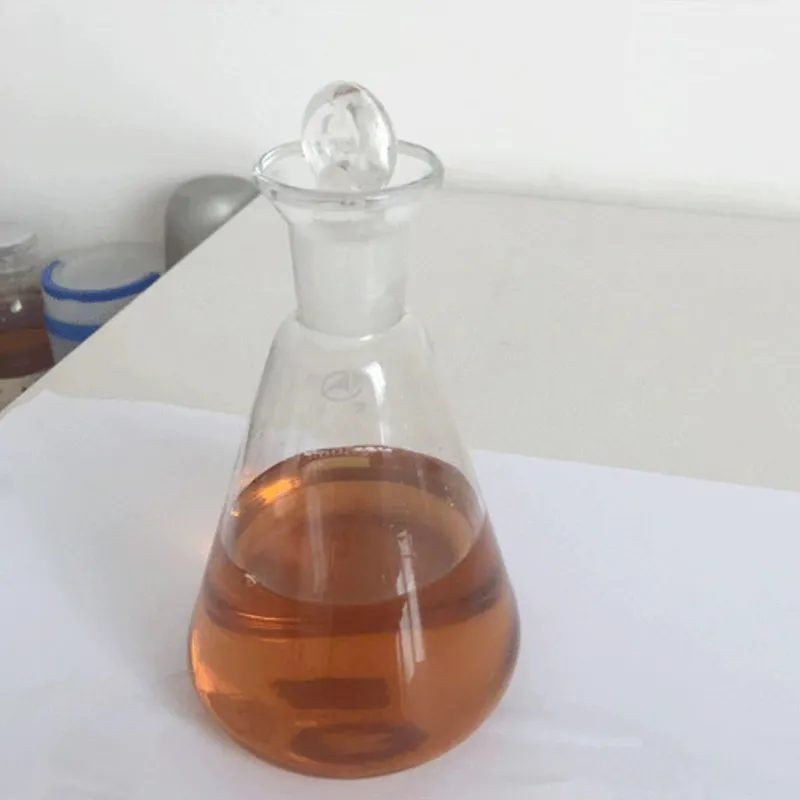
Understanding the Role of Bleaching Agents in Food Safety and Quality
The Role of Bleaching Agents in Food Safety, Uses, and Controversies
Bleaching agents have become a significant topic of discussion in the food industry, drawing the attention of consumers, health experts, and regulators alike. These compounds, commonly used to improve the aesthetic appeal and safety of food products, serve various purposes. However, the implications of their use raise questions regarding food safety, nutritional value, and consumer rights.
What are Bleaching Agents?
Bleaching agents are substances that lighten or whiten the color of food products. In the culinary context, they are frequently applied to flour, oils, and dairy products. Commonly known agents include benzoyl peroxide, sodium hypochlorite, and chlorine dioxide. For instance, flour bleaching often utilizes benzoyl peroxide, which acts as a reducing agent to produce a finer texture and whiter appearance. This practice became widespread in the early 20th century and remains commonplace despite ongoing debates over its safety.
The Rationale Behind Their Use
Industrially, the primary reason for using bleaching agents is to enhance the visual appeal of food items. A whiter loaf of bread or a creamier dairy product can attract consumers and suggest a higher quality. Additionally, some bleaching agents can improve the functional properties of the food, such as increasing the shelf life of bread and enhancing the baking qualities of flour.
In some instances, bleaching agents can also reduce the presence of harmful bacteria and pathogens in food. For example, chlorine dioxide is noted for its disinfectant properties and is used in sanitizing food processing equipment. However, the efficacy of such agents in the food itself, and their potential health impact, is controversial and necessitates careful regulation.
Health Concerns
bleaching agent in food

The use of bleaching agents has raised several health concerns. For starters, the chemical residues left behind in processed foods can pose risks to consumers. Certain agents, particularly those derived from chlorine, have been linked to potential health hazards, including gastrointestinal issues and other long-term health effects. Moreover, consumers are increasingly seeking products free from artificial additives and chemicals, pushing brands to offer alternatives that avoid such agents altogether.
Furthermore, individuals with sensitivities or allergies may experience adverse reactions to certain bleaching agents. This has led to calls for transparency in food labeling, enabling consumers to make informed choices about what they eat. The need for comprehensive regulations to ensure the safety and proper use of bleaching agents in food processing has never been more apparent.
Regulatory Perspective
Regulatory agencies around the world have established guidelines and limits for the use of bleaching agents in food products. The U.S. Food and Drug Administration (FDA) and the European Food Safety Authority (EFSA) continuously assess the safety of these substances and their acceptable daily intake levels. These organizations provide oversight to ensure that any potential health risks are managed, and consumers remain protected.
In some jurisdictions, certain bleaching agents have been banned outright or restricted to specific applications. For example, the use of potassium bromate, a known carcinogen, has been prohibited in many countries but remains legal in the United States. This discrepancy emphasizes the need for international cooperation and harmonization of food safety standards.
Conclusion
The role of bleaching agents in food production is multifaceted, offering both benefits and risks. While they can enhance the appearance and shelf life of certain products, their potential health implications and the rising consumer preference for natural ingredients cannot be ignored. As awareness grows, the food industry must adapt to evolving consumer demands for transparency and safety.
Efforts toward reformulating products to minimize or eliminate the use of bleaching agents are underway, and increased regulatory scrutiny is likely to shape the future landscape of food processing. Consumers today have more power than ever, and it is crucial for food producers to respond by prioritizing health, safety, and ethical practices in their production methods. The conversation surrounding bleaching agents is indicative of a broader shift towards cleaner and safer food systems in the modern world.
-
The Safety Challenges of Ammonium Nitrate FertilizerNewsJun.26,2025
-
The Critical Role of Mining ChemicalsNewsJun.26,2025
-
Shelf Life of Glacial Acetic Acid Food GradeNewsJun.26,2025
-
Enhancing PVC Longevity with 1,2,3-Benzotriazole InnovationsNewsJun.26,2025
-
China’s Dominance in Food Additive ProductionNewsJun.26,2025
-
Can Aluminum Hydroxide Replace More Toxic Alternatives?NewsJun.26,2025
-
PE and PP Plastics with Benzotriazole AdditivesNewsJun.12,2025
Hebei Tenger Chemical Technology Co., Ltd. focuses on the chemical industry and is committed to the export service of chemical raw materials.
-

view more DiethanolisopropanolamineIn the ever-growing field of chemical solutions, diethanolisopropanolamine (DEIPA) stands out as a versatile and important compound. Due to its unique chemical structure and properties, DEIPA is of interest to various industries including construction, personal care, and agriculture. -

view more TriisopropanolamineTriisopropanolamine (TIPA) alkanol amine substance, is a kind of alcohol amine compound with amino and alcohol hydroxyl, and because of its molecules contains both amino and hydroxyl. -

view more Tetramethyl Thiuram DisulfideTetramethyl thiuram disulfide, also known as TMTD, is a white to light-yellow powder with a distinct sulfur-like odor. It is soluble in organic solvents such as benzene, acetone, and ethyl acetate, making it highly versatile for use in different formulations. TMTD is known for its excellent vulcanization acceleration properties, which makes it a key ingredient in the production of rubber products. Additionally, it acts as an effective fungicide and bactericide, making it valuable in agricultural applications. Its high purity and stability ensure consistent performance, making it a preferred choice for manufacturers across various industries.











